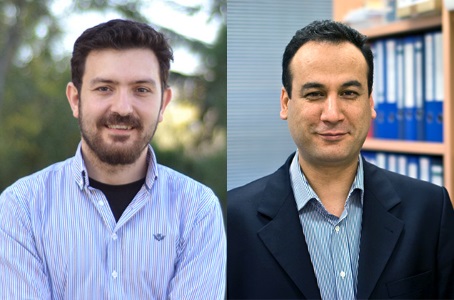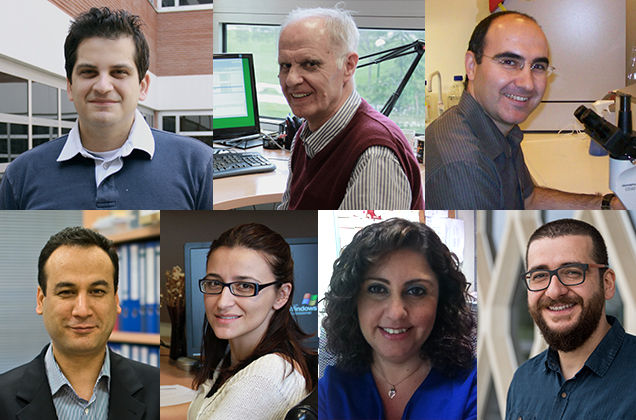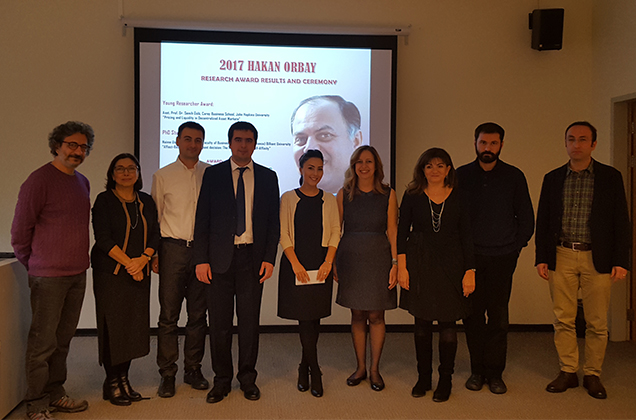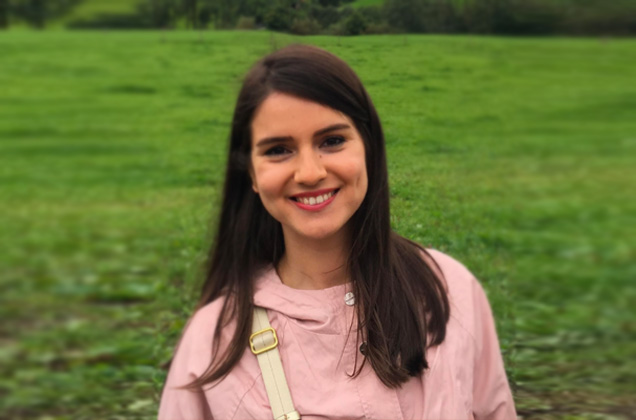09/01/2018
2017 - 2018 SPRING TERM DORMITORY FEES and PAYMENTS
03/01/2018
Arts, Social Sciences, Entrepreneurship and Technology (ASSET) Undergraduate Projects is a support program which is open to all Sabancı University undergraduate students who aim to develop innovative projects. ASSET aims to contribute to undergraduate students’ academic and career development and enable students to engage in entrepreneurial projects with a focus on innovation and positive social impact early in their careers.
29/12/2017
Minister of Science, Industry and Technology Dr. Faruk Özlü revealed the 2017 TÜBİTAK Entrepreneurial and Innovative Universities Index.
Sabancı University named Turkey’s most entrepreneurial and innovative university once again.

27/12/2017
A project implemented by Sabancı University Faculty of Engineering and Natural Sciences member Dr. Lütfi Taner Tunç and advised by Dr. Mustafa Ünel received support as part of the TÜBİTAK 1003 - Call for Advanced Machinery Design and Algorithm Development.

27/12/2017
Members of the Faculty of Engineering and Natural Sciences and SUNUM researchers won METU Professor Mustafa Parlar Foundation 2017 Awards.

Members of the Faculty of Engineering and Natural Sciences and SUNUM researchers won METU Professor Mustafa Parlar Foundation 2017 Awards.
27/12/2017
The winners of the fourth Hakan Orbay Research Awards given by the Sabancı University School of Management in honor of faculty member Hakan Orbay who passed away in 2011 were chosen. Winners received their prizes at a ceremony held on December 20, 2017 at SoM 1073.

27/12/2017
Sabancı University Faculty of Engineering and Natural Sciences Computer Science and Engineering PhD 2016 graduate Süheyla Çetin Karayumak won the IEEE Turkey PhDDissertation Award.

Süheyla Çetin Karayumak completed her PhD at Sabancı University under the guidance of Gözde Ünal in 2016. She used computer science and machine learning algorithms to develop new mathematical solutions to complex medical imaging problems.
27/12/2017
Commissioned in September 2016, the Sabancı University Center of Excellence for Functional Surfaces and Interfaces (EFSUN) published the activity report for its first year.
Click here to view the EFSUN 2016-2017 Activity Report.